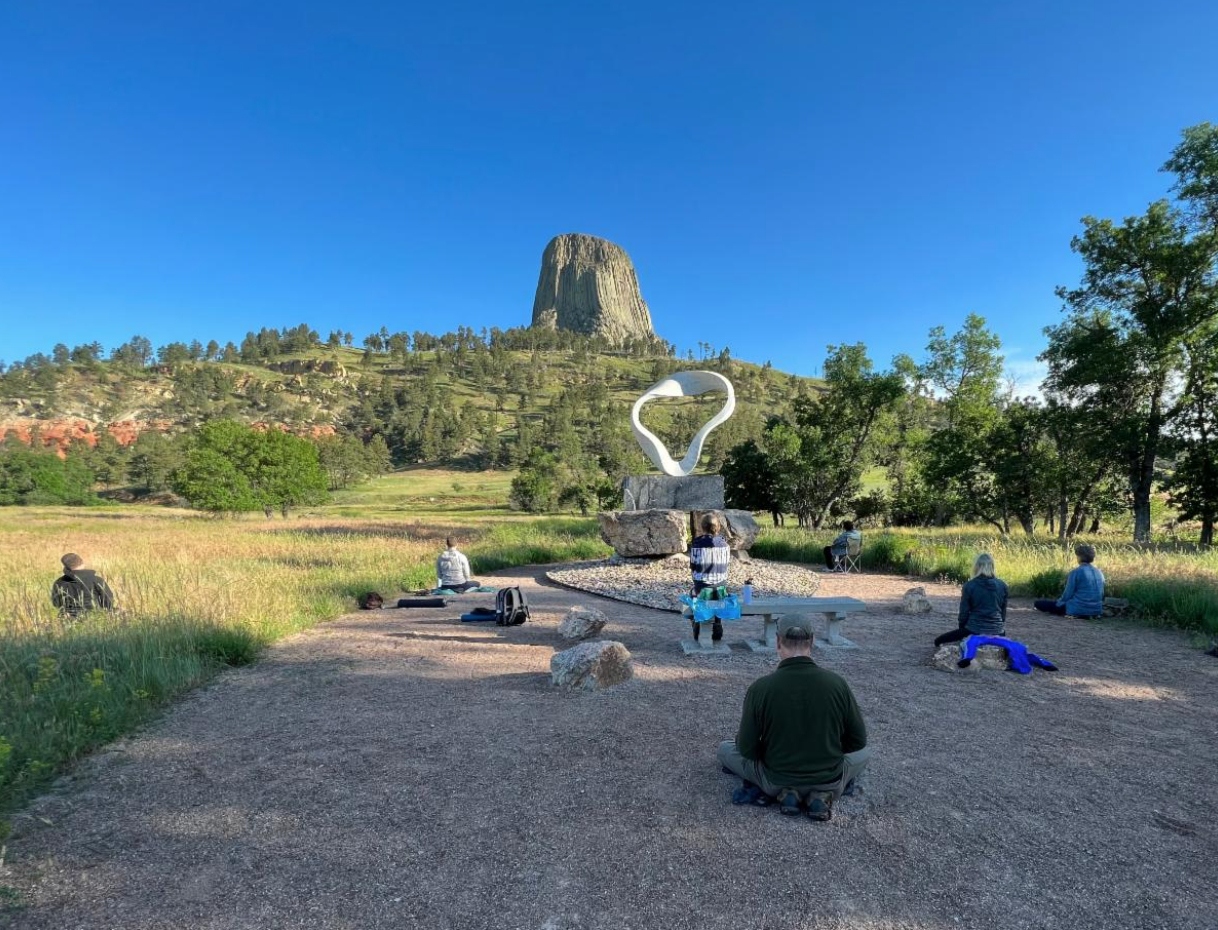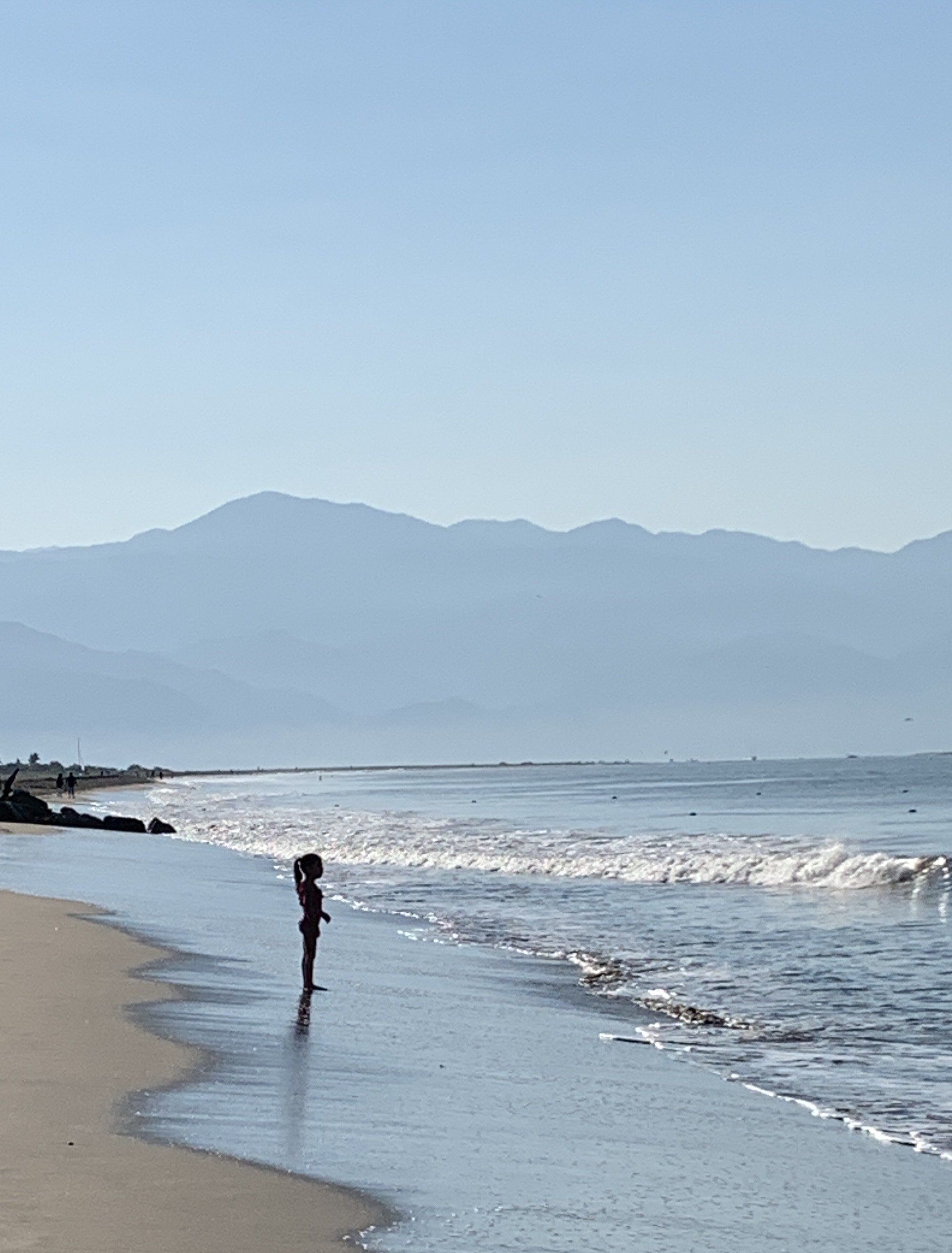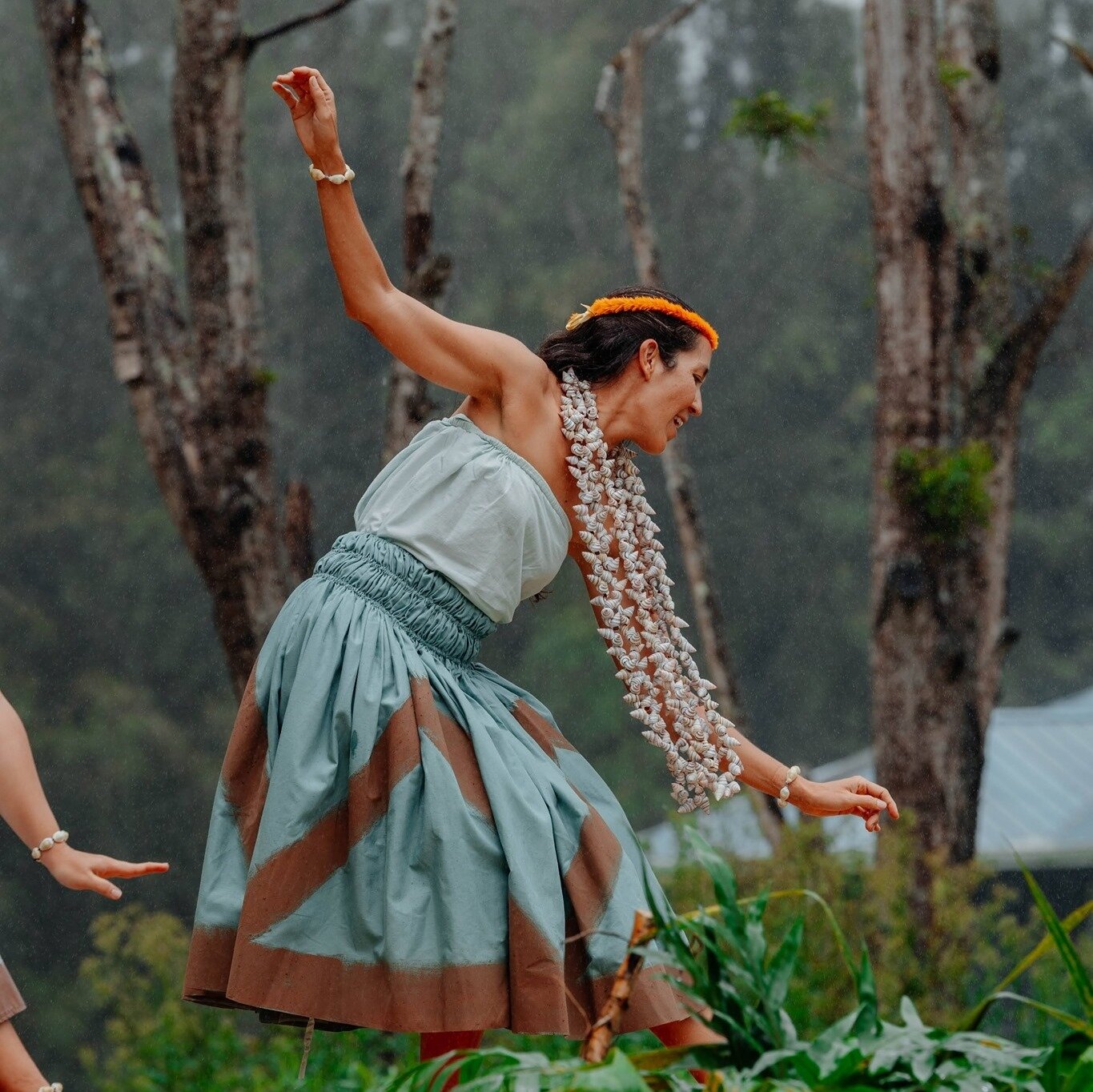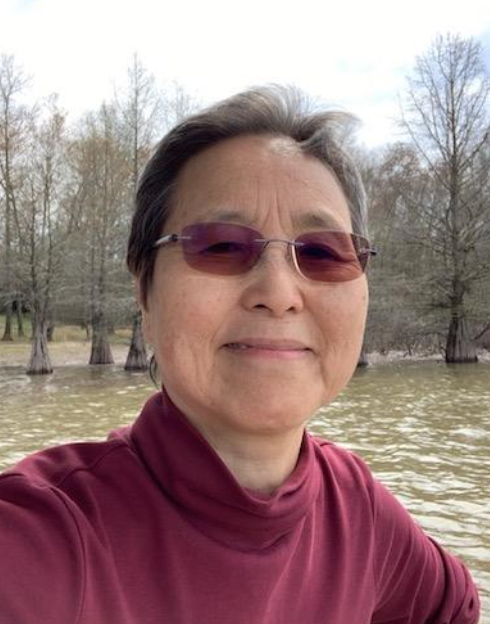“The point is to see life as the practice field.
Every aspect of our life has to become practice.”
In July, my husband and I drove from Chicago through the beautiful states of Iowa, Nebraska, South Dakota and Wyoming marveling at the wide open space, clouds, cornfields, rolling prairies, Black Hills, and buttes. As we drove, we prepared for the Native American Bearing Witness Retreat, the 7th annual event with Lakota elders organized by the Zen Peacemakers International.
We met Native American elders Manny and Renee Iron Hawk, Violet Catches, and Wendall Yellow Bull and nearly 30 participants from around the country and Great Britain. We sat together in beautiful natural surroundings on sacred land: Spearfish Canyon with chipmunks and birds, Matxo Paha (Bear Butte in South Dakota), and Matxo Thipila (Bear Lodge Butte or Devil’s Tower in Wyoming) with prairie dogs and magpies.
We listened and learned about the Lakota sacred way of life: Wolakota and Tiospaye. Wolakota means wholeness of life, harmony, peace and balance with everything and everyone. Tiospaye means extended family or kinship.
We were honored to visit, with them, two of their most sacred sites: Bear Butte and Bear Butte Lodge. We learned how to make prayer flags with black, white, red, and yellow cloth. We tied tobacco in one corner of each cloth praying all the while. We held prayers in our heart for sick family and friends, for people suffering, for the earth as we tied the flags onto limbs of trees.
Manny Iron Hawk, a fluent Lakota speaker and storyteller, told stories of Iktomi, their trickster, bringing welcome laughter to us. Manny goes to elementary schools and tells the children stories of their culture. He also told gut-wrenching stories of his grandparents who were survivors of the Wounded Knee Massacre of 1890.
Manny’s wife Renee Iron Hawk, a social worker, said, “Trauma is passed down generations and becomes part of our DNA. But we can work with it because we are strong. We are survivors.”
Wendall Yellow Bull, former reservation police chief, told us that the Pine Ridge Reservation where he lives, has a population of 40,000 people with 80% unemployment. “It’s a prime market for illicit behavior.”
Bernie Glassman started these retreats after asking himself these questions on his 55th birthday in 1994, “How to bring Zen into our life? But Zen is Life. What is there to bring? And into what? The point is to see life as the practice field. Every aspect of our life has to become practice. What forms can we create in modern society that will be conducive to seeing the oneness of life? What are the forms that will make it easier to experience the interconnectedness?”
Native American history, like Native Hawaiian history, is a shadow for America and for all of us. These bearing witness retreats are ways to open, look at shadows, see interconnections, and to heal. It’s a long journey that's well worth the effort. There's still so much to share. I'll be writing more about the retreat and giving another talk in the future.
A heartfelt thank you to all who contributed to our participation in the Bearing Witness Retreat! It's not too late to contribute if you haven't yet with the Donate button below. Any donations collected this month will go to the Zen Peacemakers for future Native American Bearing Witness Retreats.
Mahalo nui loa and malama pono (take good care of body, mind and heart),
June Kaililani Ryushin Tanoue
Kumu Hula, Sensei
P.S. Here's the link to the Sunday Morning Zen talk about the Bearing Witness Retreat that four of us gave. https://youtu.be/FfX1x86wH5k
P.P.S. Link to Bearing Witness Slide Show https://youtu.be/klfdKPfYfAY


































